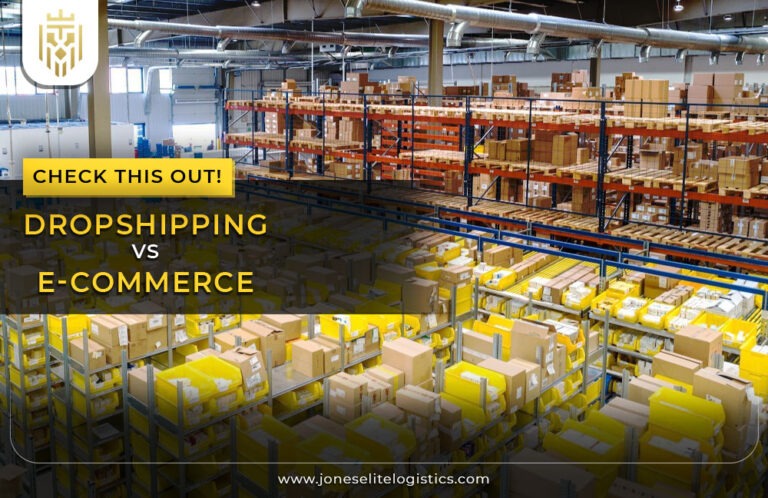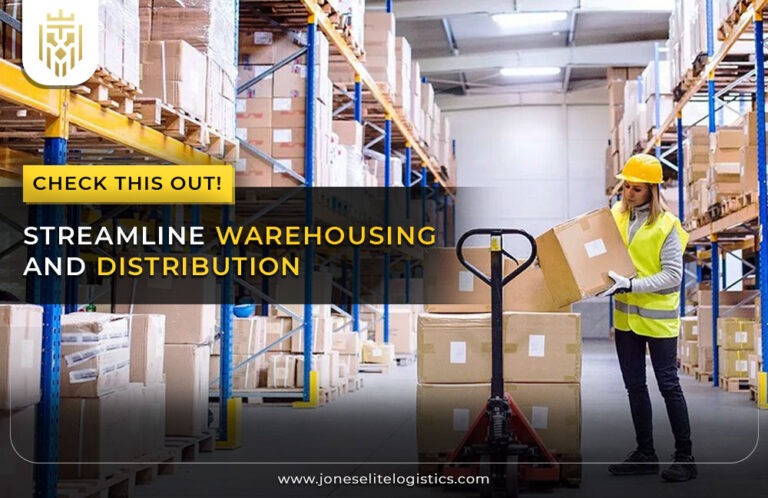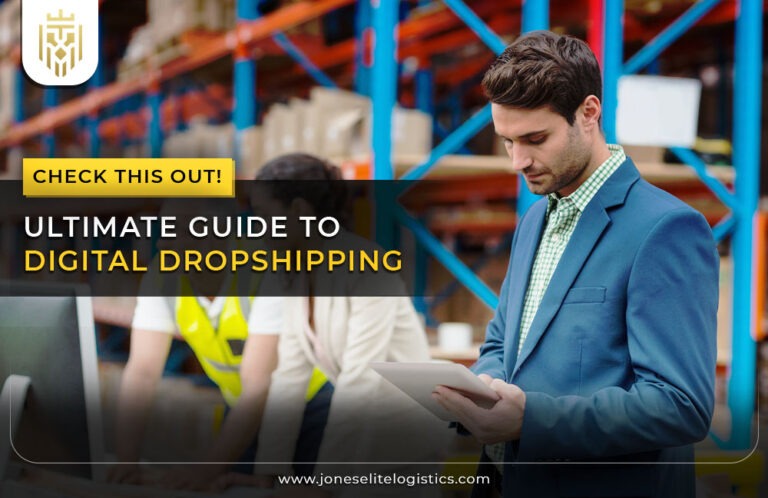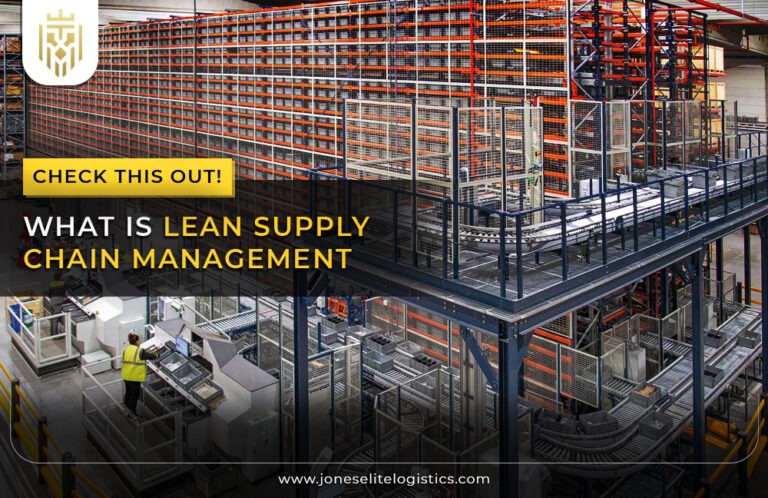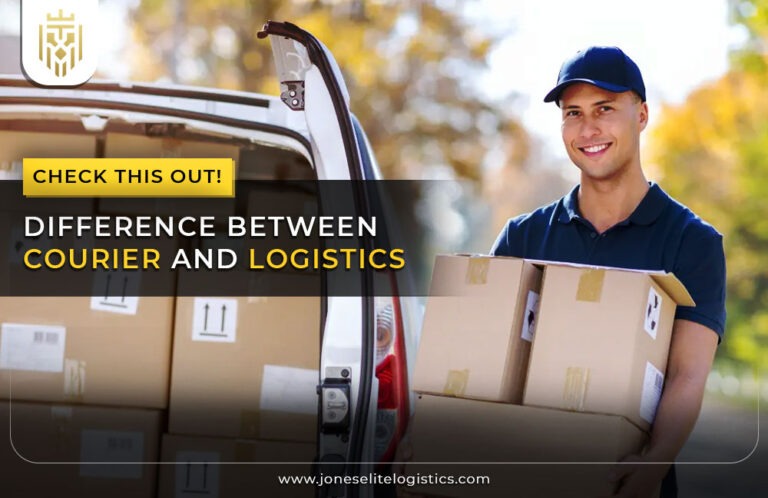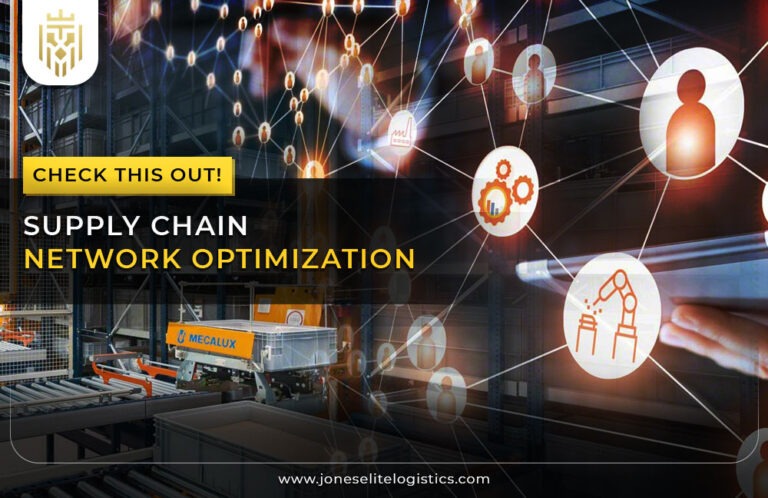What is 3PL logistics?
Third-Party Logistics (3PL) a.k.a order fulfillment companies is a sector where logistics-related tasks such as transportation and warehouse storage are outsourced from a third-party business. 3PL logistics have enabled companies to concentrate on and improve other areas with the tools and infrastructure to automate retail order fulfillment.

The Basics of Third-Party Logistics:
We shall be diving deeper into the fascinating world of third-party logistics, its workings, services, and benefits from here:
How Does Third-Party Logistics Work?:
A 3PL provider assumes responsibility for handling everyday operations related to logistics like picking, packing, and shipping goods. This allows the company to negate the capital investment of renting or buying warehouses and hiring staff, and instead focus on introducing new products and improving existing products.
Types of Services Offered by 3PL Providers:
Not all 3PL logistics providers offer the same set of services, and it varies from company to company. On an overall scale, however, the services generally offered are warehousing, inventory, shipping, receiving, handling FTL and LTL freight, picking and packing, and reverse logistics (returns).

Advantages of Utilising 3PL Services:
Most companies do not necessarily require everyday services of shipping and managing goods, and outsourcing logistics would serve them better in the long term. In addition, some of the other benefits include:
Efficiency Gains: Streamlining Operations with 3PL:
Robotic Process Automation (RPA) is highly useful in automating repetitive tasks such as inventory management, packaging and storing of goods, and order processing, which improves efficiency as human error is canceled out with an increase in speed and accuracy.
Cost Savings: Maximising Resources through Outsourcing:
Most companies cannot afford to establish their own logistics system due to the high cost required to set up warehouses, technology to automate it, labor charges, and other factors. Partnering with a 3PL service provider means the client has to only pay for their services, which is cost-effective.
Scalability: Adapting to Fluctuating Demand with Ease:
3PLs have flexible capacity and a well-established network of warehouses that enables them to easily adapt to fluctuating demand whenever needed. In addition, during slow demand hours, the company’s 3PL logistics partner can easily scale back to ensure there is no costly excess inventory stuck up.

Key Considerations When Choosing a 3PL Provider:
Partnering with the ideal 3PL Provider is harder than one thinks, as sometimes, their services or working style may not match that of the clients’. The following tips should give an idea when choosing one:
Service Offerings and Specializations:
The company must go through the service offerings and specializations offered by the third-party logistics service provider and verify whether they match their short and long-term requirements.
Reputation and Track Record:
One gets to know of a 3PL provider’s capabilities largely through its track record and reputation. Dig a little deeper by going through online reviews or even inquire a few customers about their experience. This should give an accurate idea of how well the business can flourish if partnered with this particular 3PL provider.
Technology Integration and Compatibility:
The demand for on-time delivery goods with maximum care and zero damage has only increased over time, and the competition is looking for ways to improve themselves. The company should look into the level of technology being integrated and leveraged to increase compatibility with the ever-growing demands of the logistics industry.
Cost Structure and Flexibility:
Cost is a critical factor to be considered while selecting the ideal 3pl logistics partner, however, this would limit one’s perspective without considering other factors, such as upfront fees, ongoing charges, and additional costs for exclusive services and/or features. It would be ideal to partner with a provider that can provide flexible solutions and easily adapt to any sudden changes.

Industries and Applications of 3PL:
3PLs have become even more crucial for various industries to leverage their immense benefits while saving a lot of potential expenditures. Some of the industries that share close ties with 3PLs are:
Retail and E-Commerce:
The boom of retail and e-commerce since the last decade has also pushed demand for efficient supply chain management, which is generally provided by a reliable 3PL company. A third-party logistics company offers services such as warehousing, supply chain management, packaging and dispatching, and other services, which allows its clientele to focus on other areas.
Manufacturing and Distribution:
A manufacturer and distribution company can partner with a 3PL provider and state the origin and destination for each shipment, to which the provider looks for the ideal route to travel. This ensures a fast and smooth distribution of goods, and in case of disturbances, the provider shall be utilizing their flexibility with alternative distribution networks.
Pharmaceutical and Healthcare:
Partnering with a third-party logistics company has allowed the pharmaceutical and healthcare industry to primarily focus on developing new medicines and ways to save people and keep them healthy. 3PLs offer specialized services with sufficient expertise that ensure the safe and effective distribution of pharmaceutical products.
Automotive and Transportation:
Automotive and transportation can access cutting-edge logistics tools, real-time tracking, and analytics by partnering with a reliable 3PL. Moreover, it tends to elucidate its partners with industry-specific knowledge and expertise and update them about trends and regulations.

Future Trends and Innovations in Third-Party Logistics:
We’ve seen the past and present, and now shall dive into the future of third-party logistics and analyze its upcoming trends and innovations.
Technology Adoption: The Role of AI, IoT, and Blockchain in 3PL:
The growth of the 3PL industry coincides with the technological advancements throughout the years. The future is no exception – the bond between 3PL and technology has strengthened with the possible integration of AI, the Internet of Things (IoT), and Blockchain. It has resulted in the creation of advanced systems and software that track the movement of goods, bill payments, and more.
Sustainability Initiatives: Green Logistics and Eco-Friendly Practices:
The sudden increase in demand for electric-based vehicles has been possible due to more people understanding the need to improve the planet’s slow destruction, and the 3PL industry has also been playing a crucial role in them driving electric trucks. In addition, carbon offsetting, optimizing transport routes to reduce carbon emissions, and recycling resources are ways to conserve our planet’s ecosystem.
On-Demand Logistics: Meeting Customer Expectations in a Digital Age:
Drones, robots, GPS tracking, and real-time delivery updates are some of the technological solutions being widely implemented by the 3PL industry. This enables faster delivery with more reliability and transparency, which helps with establishing long-term partnerships with potential and current clientele.
Challenges and Risks Associated with 3PL:
The 3PL industry comes with its benefits and problems, and one needs to know both sides to chalk out decisions that best suit them. Below are some problems to know before finding the ideal logistics partner:
Loss of Control: Balancing Outsourcing with Oversight:
Outsourcing supply chain operations could potentially lead to losing control of certain key aspects of the supply chain, and an over-reliance on 3PL providers can sometimes lead to issues if the provider goes out of business or is in some trouble.
Communication and Coordination Issues:
This issue tends to arise if the 3PL Provider is especially located in another country or continent, as language and other legal barriers tend to delay the deal from happening on time and safely.
Security Concerns: Protecting Data and Intellectual Property
A risky move to consider before partnering with a third-party logistics company is to see whether it’s safe to expose sensitive information or IP to third parties, as there are high chances of the formation being hacked and utilized with malicious intent.
In conclusion, everything in this world comes with pros and cons, and the 3PL industry is no exception. It is up to the customer to carefully understand their needs and only then hire the right company that meets them adequately.
FAQs
What is 3PL?
3PL stands for Third-Party Logistics and is involved with mainly the logistics industry. 3PL providers collect goods from numerous companies, store them in warehouses, and deliver them on the requested date with minimal to zero damages.
What is 3PL and 4PL in logistics?
A 3PL focuses mainly on the logistics part, whereas a fourth-party logistics (4PL) manages the complete supply chain, and a 3PL, offers more strategic insight and management over its client’s supply chain.
What are the three types of 3PL?
The three types of 3PL providers include:
Standard 3PL Providers: They provide basic logistics involving the storage and transportation of goods
3PL Service Developers: In addition to basic logistics, they also provide support in the fields of IT, security, and product tracking.
3PL Customer Adapters/Developers: The adapters prefer taking control of and executing the existing logistics operations of their partners, while the developers not only take control of but also adapt their systems to the already existing logistics operations.

